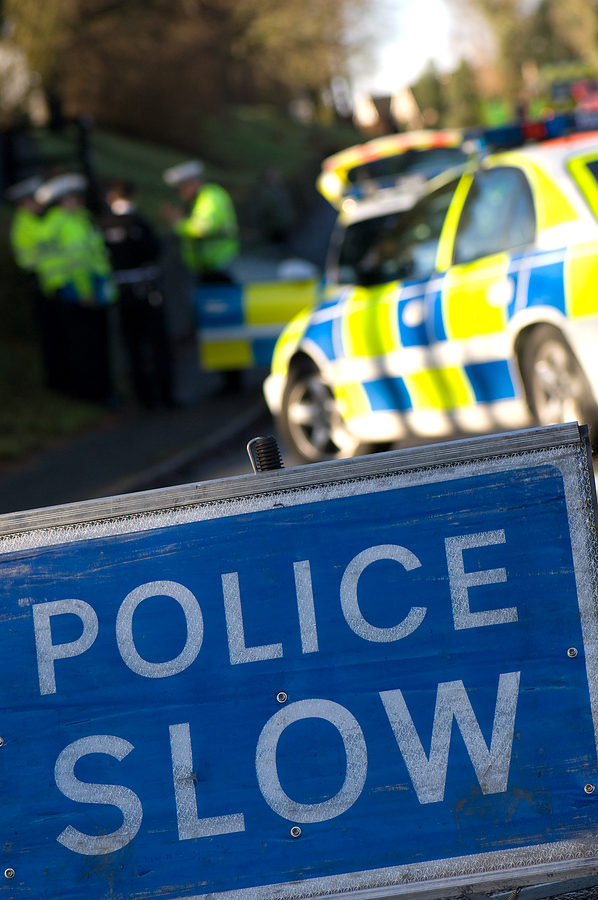The impact of road traffic accidents on mental health
By William Smith
 Most of us are aware of the mental health implications of any trauma but most of us tend to associate a road traffic accident with physical injury rather than psychological damage.
Most of us are aware of the mental health implications of any trauma but most of us tend to associate a road traffic accident with physical injury rather than psychological damage.
If you believe you have suffered both physical and mental health issues due to someone elses careless driving, it is worth seeing if you can make a claim with Express Solicitors
Irishhealth.com reports today on The Road Safety Authority’s (RSA) annual international road safety conference, which is being held in Dublin Castle May 26. It is focusing on the ‘human impact of road collisions’.
Brigitte Chaudhry, coordinator of the European Federation of Road Traffic Victims (FEVR), presented the findings from a FEVR study on the impact of road deaths and injuries.
Shockingly it found that mental health implications such as depression, anger, suicidal feelings, anxiety attacks and loss of drive are more common in the relatives of victims left with disabilities than the victims themselves.
Chaudhry explains ‘The FEVR study shows that it’s not just the victim who suffers as a result of a serious injury or death on our roads. Whilst negative emotions obviously affect the person involved in the collision, our study shows that the families of these victims often present more pronounced psychological suffering than the victims themselves.’
It is often the case that people who feel out of control, or unable to help a loved one, suffer similar traumatic symptoms, to those who actually went through the experience.
Dr. Edward Hickling, an author and clinical psychologist from New York was also speaking at the conference. Hickling presented his research on PTSD (post traumatic stress disorder) in people who are seriously injured in road collisions.
Dr. Hickling explained: ‘In 2003, we published research from our study of 158 people who had been injured in road collisions. The aim of the research was to get a better understanding of the psychological impact of such injuries and specifically the presence of PTSD as a result of the collision.’
‘After working with these people for two years after their collision, our study found that 40% had PTSD and 90% developed driving difficulties. In fact, some studies show that up to six years after their collision, as many as 40% of victims don’t improve, even with treatment,’ Dr. Hickling said.
Related articles
We hope you have found this article useful, you may also wan't to see:





